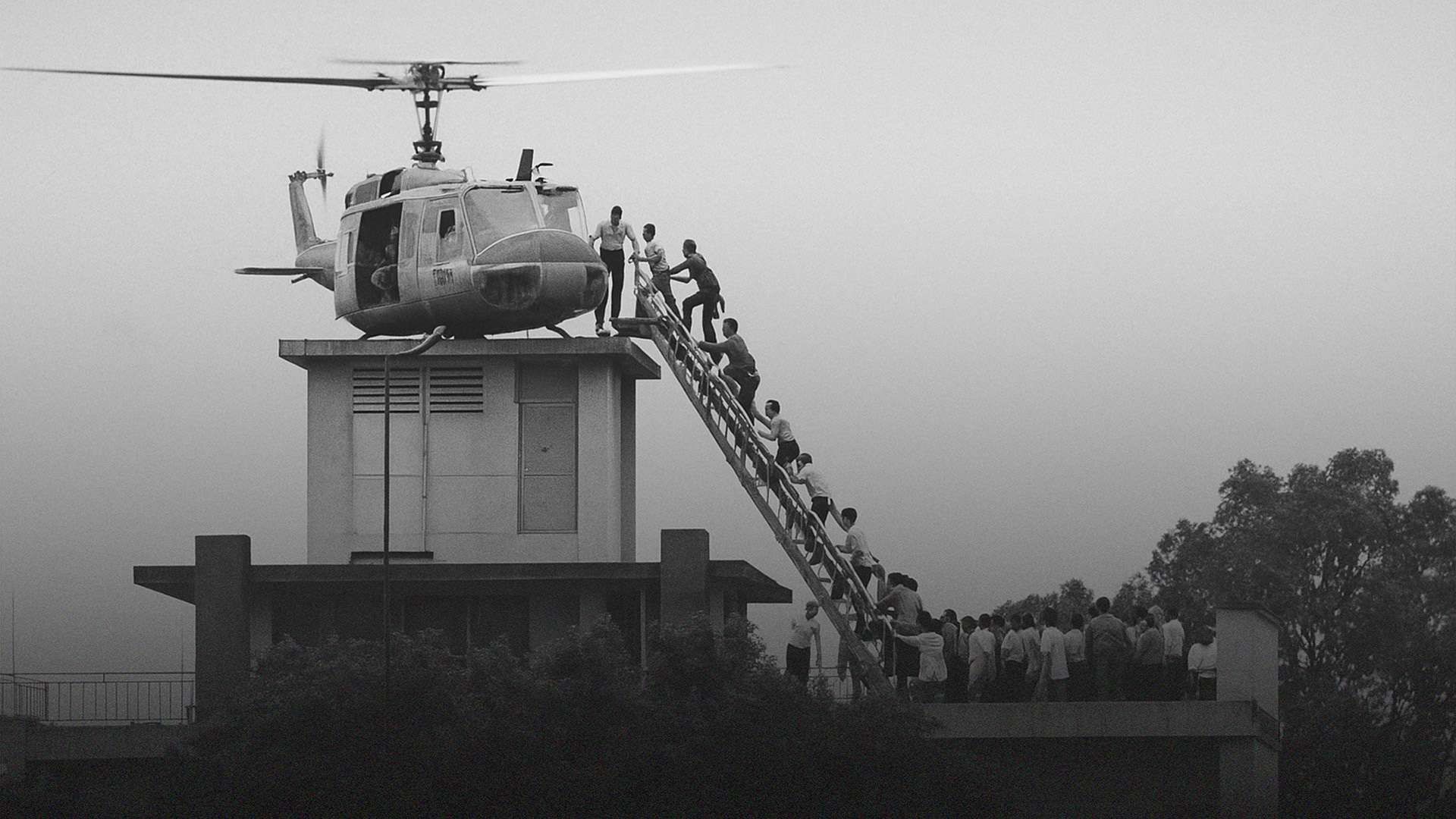Inheriting the Waves: How the Trauma of the Vietnam War Echoes Through Generations
May 01, 2025
Growing up, the Vietnam War was always in the background of my life—like a faded painting hanging in the living room. I didn’t really look at it. But it was always there.
My parents talked about it constantly. Sometimes over dinner. Sometimes while folding laundry. Sometimes in the long silences after the news reminded them of things they tried not to remember.
"When we escaped, the boat almost sank three times..."
"We had nothing but a few gold rings and a bag of dried fish..."
"I saw people die right in front of me..."
I remember nodding along, half-listening, eyes on the TV, mind elsewhere. I’d heard the stories so many times that they started to blur together. The war felt like a movie rerun I wasn’t interested in. Something far away, from another world—important to them, but not really to me.
I think part of me shut down because it was too heavy. What was I supposed to do with all that pain at ten, or thirteen, or even seventeen years old? I didn’t know how to hold the weight of their memories, so I let it pass through me like static.
I used to roll my eyes when my dad reminded me, for the fiftieth time, how he starved in a refugee camp. Now, I hold my breath when he talks. I ask questions. I listen for the things he still can’t quite say. The pauses between his sentences carry just as much as the words.
After the Fall of Saigon in April 1975, over a million Vietnamese fled the country in search of safety. Hundreds of thousands escaped by sea, becoming known as thuyền nhân—the boat people. Their journeys were perilous: overcrowded fishing boats, violent storms, piracy, starvation, death. Some were rescued by foreign ships. Others were never found.
Those who survived carried with them more than the clothes on their backs. They carried memories too painful to name. And like many refugees, they often suppressed those memories to focus on surviving in a new land.
But trauma doesn’t stay buried. It finds new ways to live.
As children of refugees, many of us grew up under the shadow of unhealed trauma. We inherited not the stories themselves, but their consequences.
We saw it in:
-
Hypervigilance: Parents who overprotected us, fearing danger around every corner.
-
Silence: An unwillingness—or inability—to speak about the war, the escape, the deaths.
-
Guilt and Pressure: A sense that we must succeed to honor the sacrifices made for us.
-
Emotional Distance: Parents who loved deeply but struggled to express it, shaped by a world that taught them survival over vulnerability.
The good news is that trauma—while inherited—is not destiny. Many of us are now doing the work to name what was never spoken. To understand how our parents’ past shaped our present, and how we can build a future rooted not in fear, but in healing.
Therapy, storytelling, community spaces, and trauma-informed education are all part of this process. So is compassion: for our parents, who survived the impossible; and for ourselves, as we carry what they could not.
We are not just children of war. We are children of survivors. And in our resilience, our creativity, and our truth-telling, we honor them—not by repeating the silence, but by breaking it.
Please join us in this upcoming live training where we focus on navigating vicarious trauma, compassion fatigue and fostering resilience in shared collective trauma.
🗓️ Date: Tuesday, May 20, 2025
⏰ Time: 8am - 10am PST
📍 Live Online | 2 NBCC CE Hours

